Medics soon at work as Peace Ark sails in
By Peng Yining in Tacloban, the Philippines ( China Daily ) Updated: 2013-11-26 09:56:50An elite team
The medical team's combined experience of disaster relief and international efforts means it's an elite squad, according to Guan Bailin, the head of the PLA navy's health department.
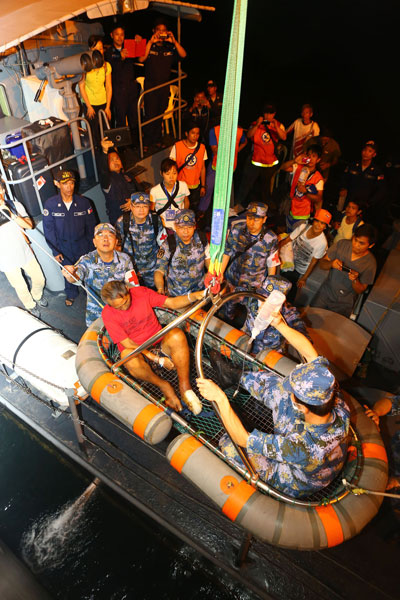 |
|
An injured man is lifted onto the deck of the Peace Ark to receive medical treatment. Wang Jinglong / for China Daily |
"We assembled the best team we could in the short time available. The medical help is specifically designed for typhoon relief," he said.
According to Guan, the medical teams cover a number of fields, including the prevention of epidemics, surgery and female health.
Cong Liming, leader of the 13-strong epidemic prevention squad, has a well-defined role. "Preventing epidemics is the most important work in most natural disaster scenarios," he said. "The Peace Ark has the most capable team in this field in China."
Although the typhoon blew itself out more than two weeks ago, the work to prevent epidemics has only just began, said Cong, who added that garbage disposal and the lack of clean water and food are major problems in disaster zones.
"As the amount of garbage grows, the number of pests - bacteria, rats, etc, - will also rise. It's easy for epidemics to break out in these conditions," he said. "There is a lot of work to do, but we have the experience to deal with the situation."
Of the 6,000 residents in the village in which Cong was stationed, more than 1,000 died. The high body count meant that the threat of an epidemic was very real.
"Most of the bodies had been buried in shallow graves, and some of them had been washed free by the rain. The graves were close to a river that was used as a source of natural water. The supply could have become contaminated, so we immediately reburied the bodies and sterilized the water source. The efficiency of the work saw the incidence of disease in the village fall to a lower level than before the earthquake," he said.
According to Cong, the team can test the safety of food and drinking water and sterilize 400,000 tons of drinking water. It also has the capability to sterilize an area of 5 million square meters, kill pests across 13 million sq m, and rats in 110,000 sq m.
"Preventing epidemics is long-term work. It still needs to be done a month, or even longer, after the disaster. Our supplies of materials and medicines enabled us to work in Sichuan for at least a month," he said.
During the voyage to the Philippines, the Peace Ark sailed through a force-8 gale that drove the waves to a height of 4 meters. On the rolling decks, the medical staff prepared for the mission with medical drills and lectures on disaster relief.
All the ship's signs and instruction panels have been translated into English, according to Sun Tao, vice-director of the General Hospital of the Chinese Navy, and most of the medical staff speak English.
"Just imagine that you are a local resident in the disaster area and are looking for help from us. What would you want and what would you need?" Sun asked the assembled medical staff, stretching out his arms to counter the pitch and roll of the ship.
|
|
|
|
|
|
|
|
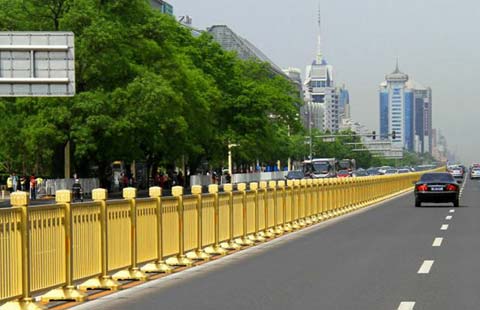
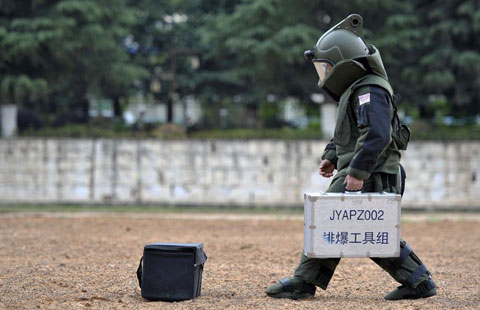

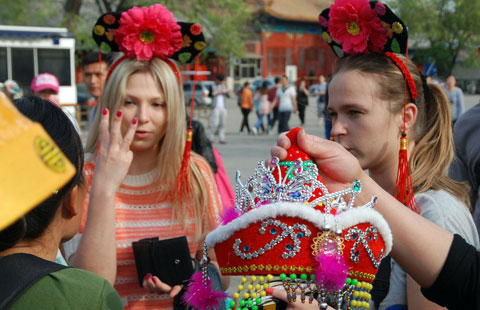

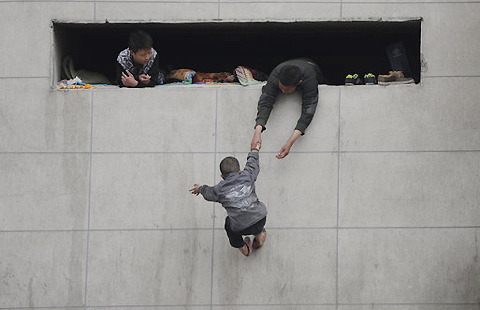
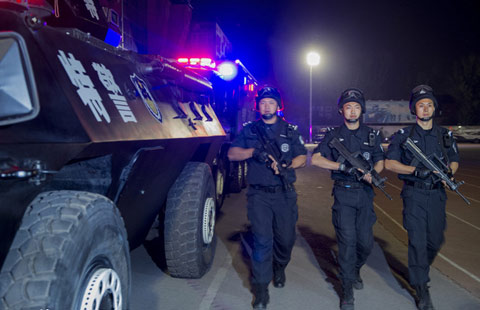
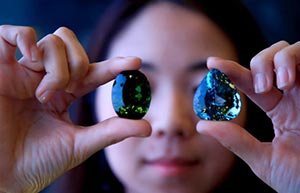
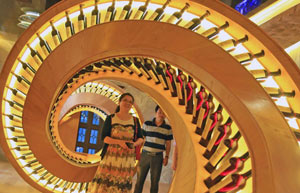
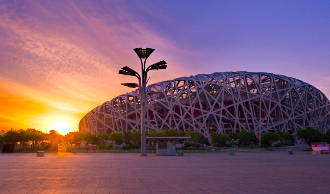
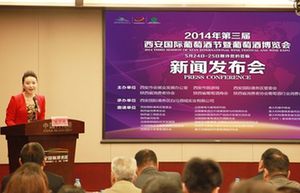







 Op Rana
Op Rana Berlin Fang
Berlin Fang Zhu Yuan
Zhu Yuan Huang Xiangyang
Huang Xiangyang Chen Weihua
Chen Weihua Liu Shinan
Liu Shinan